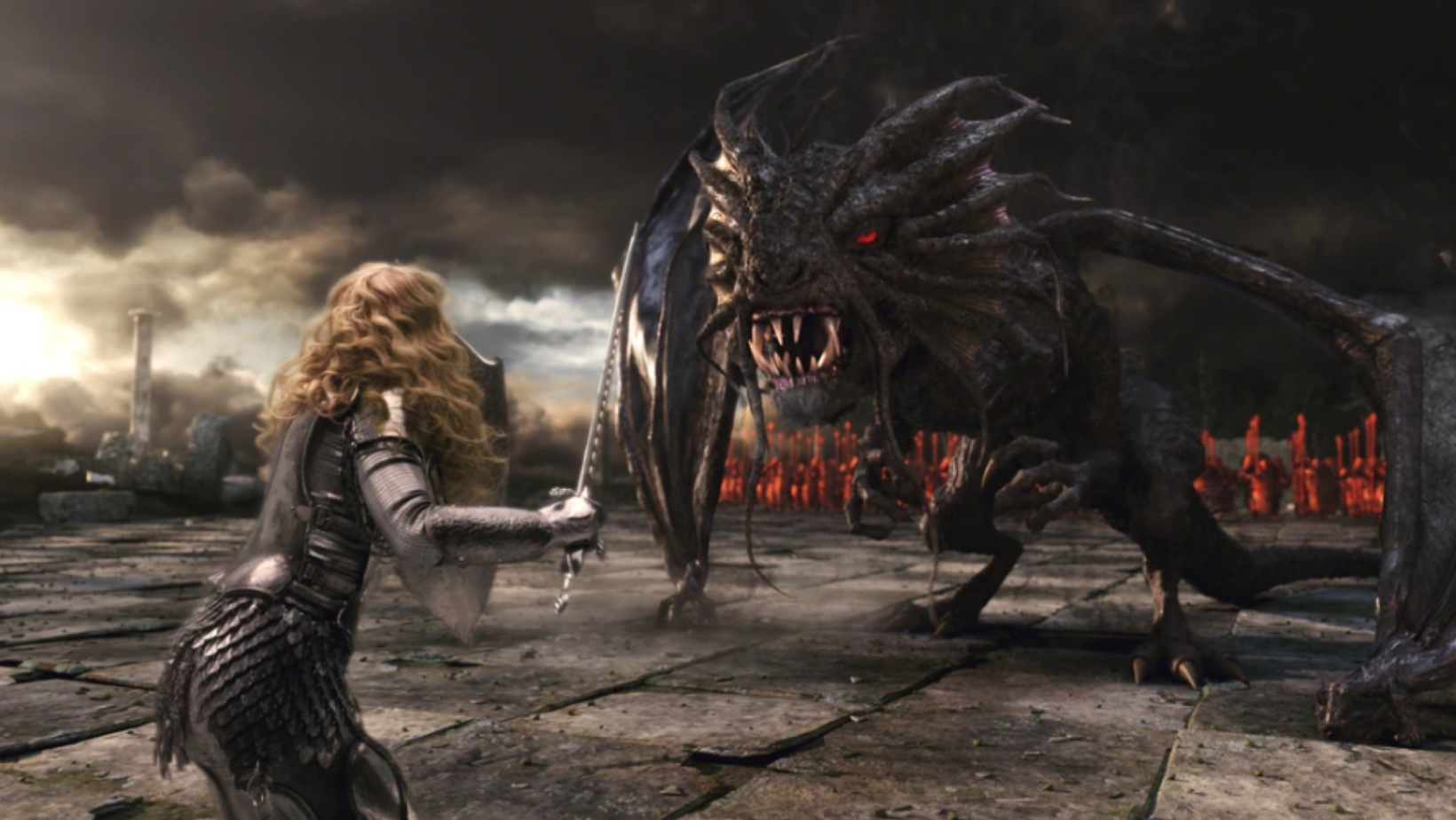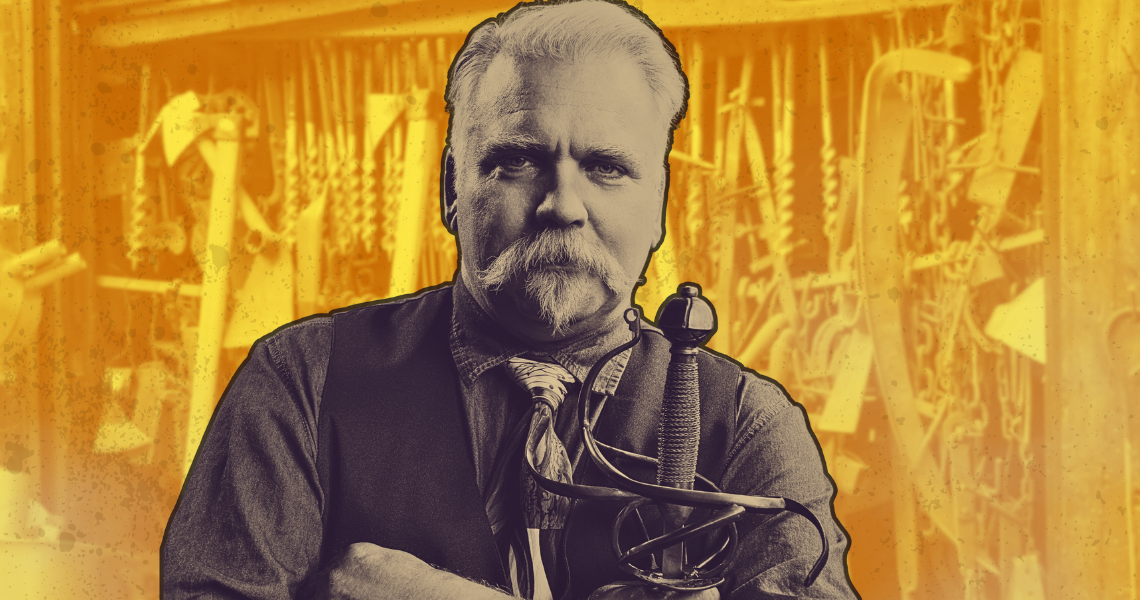The Vorpal Sword: A Lethal Slice of Wonderland
(Image credit: Walt Disney Pictures)
In Lewis Carroll's whimsical world of Wonderland, where curious creatures and nonsensical riddles abound, one peculiar and iconic weapon takes center stage: the Vorpal Sword. This legendary blade, first introduced in Carroll's 1871 sequel, "Through the Looking-Glass, and What Alice Found There," has since become an enduring symbol of whimsy and heroism. In this article, we'll explore the history, design, and notable appearances of the Vorpal Sword in literature and film.
History of the Vorpal Sword
The term "vorpal" was popularized by Carroll, but its origins can be traced back to a nonsense poem he included in "Through the Looking-Glass." This poem, titled "Jabberwocky," features the famous verse: "Beware the Jabberwock, my son! The jaws that bite, the claws that catch! Beware the Jubjub bird, and shun The frumious Bandersnatch!" It is in this poem that the Vorpal Sword makes its first appearance, as it is the weapon wielded by the hero of the poem who battles the fearsome Jabberwock.
The poem, although seemingly filled with gibberish words, conjures a vivid image of a brave knight, armed with the Vorpal Sword, confronting a monstrous creature. The poem's protagonist slays the Jabberwock and returns in triumph, establishing the Vorpal Sword as a symbol of valor and heroism.
Design of the Vorpal Sword
The design of the Vorpal Sword remains a subject of interpretation, as Carroll's text leaves room for artistic creativity. It is often depicted as a shining, elegant blade, finely honed and adorned with intricate carvings or jewels, emphasizing its legendary status. The image of a long, slender sword that can slice through the toughest of foes with ease has captured the imagination of many artists and readers.
Despite the lack of a detailed description in Carroll's works, the Vorpal Sword's design typically adheres to the fantastical nature of Wonderland, blending both beauty and danger in its appearance. Its aura of otherworldly enchantment, combined with the tale of the Jabberwock's defeat, has solidified the Vorpal Sword as an enduring symbol of courage.
Appearances in Literature and Film
The Vorpal Sword has transcended Carroll's original works and made appearances in various other literary and film adaptations. Some notable examples include:
The sword features prominently in "The Looking Glass Wars" series by Frank Beddor, which reimagines Wonderland as a more sinister place. Here, the Vorpal Sword is a key weapon used by the story's protagonist, Alyss Heart.
Neil Gaiman's "Coraline" briefly references the Vorpal Sword, drawing on its reputation as a legendary weapon.
Tim Burton's 2010 adaptation of "Alice in Wonderland" features the Vorpal Sword, portrayed as an ornate and powerful blade, wielded by the White Queen's champion, the Knave of Hearts. The sword plays a crucial role in the battle against the Red Queen.
"Alice Through the Looking Glass" (2016), the sequel to Burton's film, also features the Vorpal Sword in its storyline.
These adaptations have reinvigorated interest in the Vorpal Sword and introduced it to new generations of readers and viewers, cementing its status as a symbol of courage and valor in the fantastical world of Wonderland.
The Vorpal Sword is a captivating element of Lewis Carroll's Wonderland, born from the vivid and imaginative world of "Jabberwocky." Despite its enigmatic origins and design, the Vorpal Sword has become a cherished symbol of heroism, inspiring countless artists and storytellers to include it in their own creative works. Through its various appearances in literature and film, the Vorpal Sword continues to captivate audiences, reminding us of the fantastical and enduring nature of Carroll's iconic world.
If you buy something through this post, BDF may get a share of the sale. Click here for more info.
TRENDING
About The Author
More BDF













